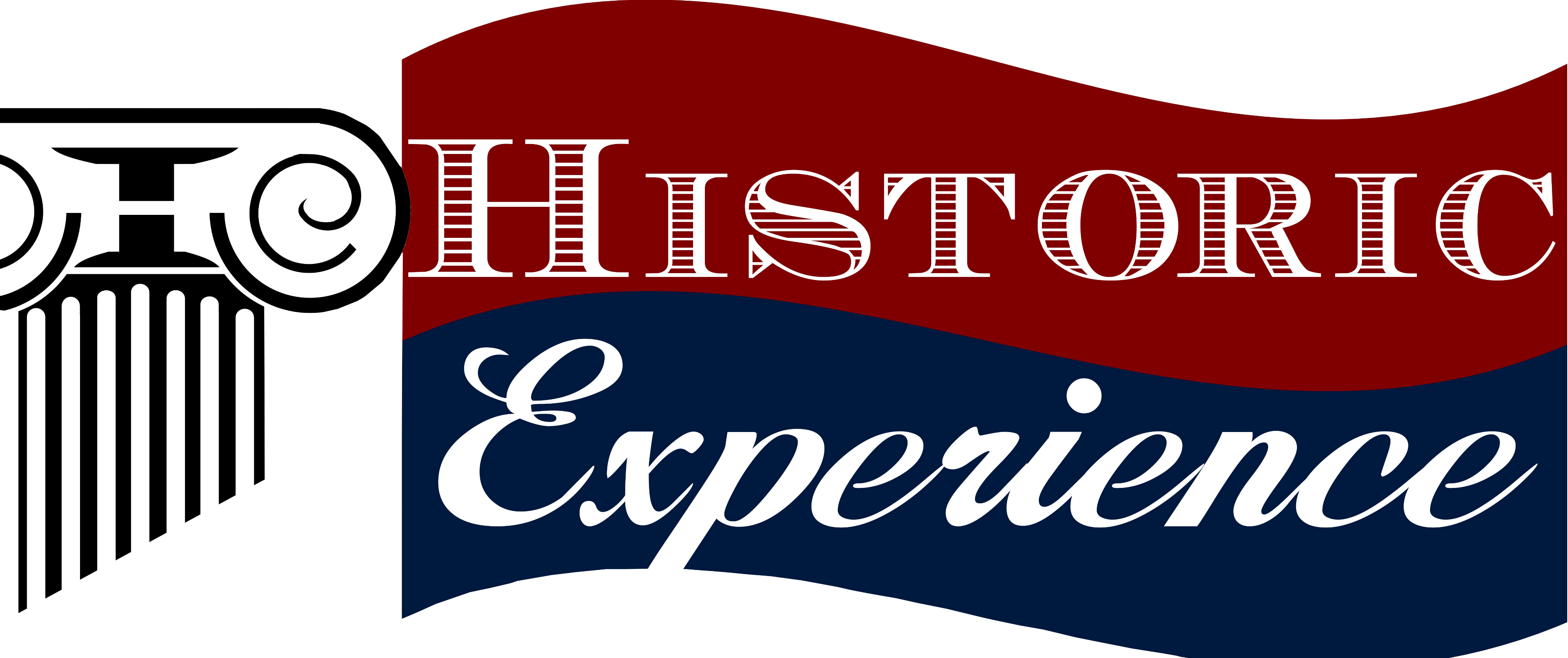March 5-The Power of the Boston Massacre
March 5- the Power of the Boston Massacre
On this night in 1770, the tensions in British-occupied Boston boiled over into what its citizens called “The Bloody Massacre.” And into the middle of it walked a young lawyer named John Adams. And it was the beginning of one of the most defining chapters of his life.
Adams talks about this famous and infamous night.
March the 5th was the boiling point for a city under occupation that few wanted. Most citizens of Boston were unhappy with it (save for the reconcilers and those fearful of mob retribution), many soldiers were unhappy with being there. But of course, both sides knew they were in the right. Protests to taxes like the Stamp Act and Townshend Acts involved actions like burning people in effigy, bullying the people themselves, and a good-sized amount of property damage.
And smuggling. Lots of smuggling. That got a lot of attention from the fiscally minded British revenue collectors.
Enter the British Army: the “peacekeepers” for the colonial tensions. But of course peace was not kept. Angry Bostoners stewed and groused until it came to a head in front of the Old State House. Local men and boys were shouting; soldiers were shouting back. Locals were throwing snowballs (packed with ice) and cudgels and whatever they could get their hands on. Amidst the fracas, two soldiers fired their guns, and five Boston men lay dead in the street. A sixth wounded man would die soon after.
This was a day that could have swung either way. The crowds of Boston had been violent before; it was altogether possible that the survivors could have taken the law into their own hands. And for weeks, months, leading up to the trial, that mob justice was still a possibility.
But it didn’t happen. The next day, the promising young lawyer Adams took a case that could have killed him – or ended his career, taken his family into poverty.
But that didn’t happen either. Although it took almost a year to be certain of that.
It was a long path to trial, and the law-abiding end to the Boston Massacre chapter. But on this day, an American colony chose – perhaps grudgingly, but still chose – justice.

John Adams
from Autobiography
If the Soldiers in self-defense should kill any of them they must be tried, and, if Truth was respected and the Law prevailed, must be acquitted. To depend upon the perversion of Law and the Corruption or partiality of juries would insensibly disgrace the jurisprudence of the Country and corrupt the Morals of the People. It would be better for the whole People to rise in their Majesty and insist on the removal of the Army, and take upon themselves the Consequences, than to excite such Passions between the People and the Soldiers and would expose both to continual prosecution civil or criminal and keep the Town boiling in a continual fermentation.
